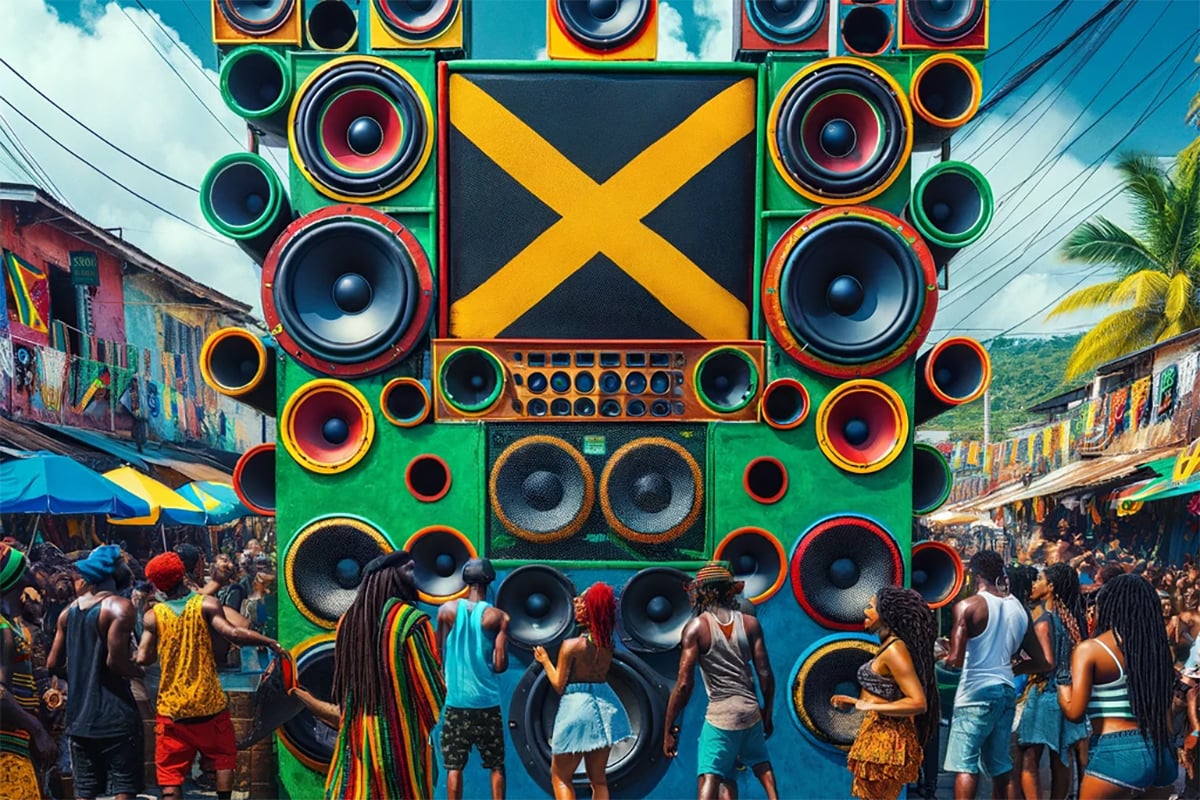UWI’s Reggae Studies Unit To Offer Sound System Course

Come January 2024, the University of the West Indies (UWI) Institute of Caribbean Studies will be offering a Sound System Course, which will be led by the Head of the Reggae Studies Unit, Dr. Sonjah Stanley Niaah.
According to Dr. Stanley Niaah, the course, which will begin on January 21, will cover a slew of topics of interest, including the history of sound systems, technology, and music genres.
“What do you know about the history of Sound System and Djing. Join my sound system class in Semester 2 at UWI for more,” Dr Stanley Niaah noted on her Instagram page.
“Sound system, DJing, musical genres, music technology, and more. Register for my Sound System course starting January 21,” the Culture Doctor added.
The announcement of the course comes almost two months ahead of the Reggae Studies Unit’s upcoming 8th Global Reggae Conference, set for Reggae Month, between February 14 and 17, 2024.
The conference, which will be held under the theme “A Century of Sound: Technology, Culture and Performance,” according to the UWI, comes “as part of a larger project on music, popular culture and Reggae Studies from the Institute of Caribbean Studies and the Reggae Studies Unit”.
It will be staged in association with the European Research Council (ERC)-funded research project, Sonic Street Technologies (SST), and the research group Sound System Outernational, which are both based at Goldsmiths, University of London.
Dr. Stanley Niaah’s course offering comes more than two years after acclaimed culture and development specialist Professor Carolyn Cooper, lamented the fact that more than 70 years after Jamaicans from Kingston’s inner-city invented the sound system the “revolutionary art form” had still has not received “the critical acclaim which it deserves” in its home country.
At the time, Professor Cooper, who is the author of the books, Sound Clash: Jamaica Dancehall Culture at Large and Noises in the Blood, had noted that some Jamaicans who ascribe themselves “elite” status had continued to disparage sound systems as being unworthy of academic or national respect.
This she said, was taking place even as institutions such as the Southeast London-based Goldsmith College had “established its credentials as a focal point for sound system scholarship”.
“If The University of the West Indies, Mona, Jamaica had taken the initiative to establish an academic programme on sound systems, there would have been such a hue and cry about the waste of resources on ‘foolishness’,” Professor Cooper had written back then.
“The Jamaican elite routinely dismiss sound systems as pure noise. They do not calculate the contribution that the multilayered culture of the sound system makes to the Jamaican economy. Nor do they understand the psychological and social benefits of the sound system as a way of building community,” she had added.
Professor Cooper had said that the global reach of sound system culture tends to go unacknowledged in Jamaica, even though “there are more sound systems in operation around the world than ever before” including those led by women, more aficionados, more practitioners and more interest across different countries around the globe.
“Sound systems are treated with such contempt that some of us simply cannot understand how this ‘buguyaga’ sound could possibly appeal to audiences across the world,” she said.
Professor Cooper had also noted that the fact that Sound System Outernational had hosted six academic conferences was an indication of just how ‘big an broad’ Jamaican popular culture was in the eyes of the world.
In September, upon announcing that Sound System Culture would be the highlight of the Reggae Studies Unit’s 8th Global Reggae Conference, the UWI had also issued a Call for Papers, noting that “over the last decade this has advanced the study of reggae and Jamaican popular culture and contributed to expanding scholarship and outreach through creative production, community engagement, research, experimentation, archive building, exhibitions and events”.
“From the 1940s to present day, sound systems have rocked the world with word, sound and power. From Kingston’s streets to the world’s biggest festival stages, the Jamaican-born institution of the sound system has deeply influenced the way music is produced, performed, remixed and enjoyed all over the world. The 2024 edition of the Global Reggae Conference celebrates and investigates the culture and technology of Jamaica’s most famous musical instrument,” it added.
The University also explained that the triennial Global Reggae Conference was also extending its reach to engage academics within a wide field of scholastic orientations and practices for its eighth staging, and was aimed at “bringing together students, scholars, filmmakers, sound producers, researchers, writers, critics, music aficionados, and artistes to share research findings, ideas and perspectives, as a means of celebrating of the cultural, technological and productive space created by the sound system, both locally and globally”.
